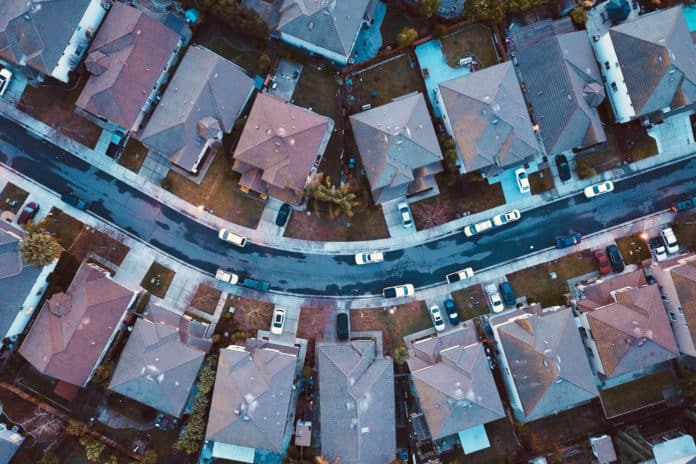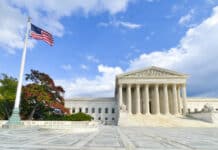It is a mostly-true platitude that while today’s urban voters lean more left than in prior years, and rural Americans are being pushed farther right by woke bullies, elections are frequently decided in the suburbs.
This week closes out most relevant primaries, and faced with potential landslide losses this autumn due to voters’ strong disapproval of President Joe Biden and congressional Democrats’ failing policies — especially crime, inflation, and border security — the left desperately wants to pivot to abortion and guns, where they believe suburban voters are more receptive.
Progressive activists hope to persuade hyper-educated, predominantly white voters to turn out against Republican candidates. In an affluent college town or Boston, San Francisco and Seattle that may occur, but most suburban voters don’t conveniently fit the left’s inchoate caricatures.
Did you know less than a third of U.S. suburban voters are college-educated whites, and well over half identify as working class? Suddenly the suburban appeal on abortion, gun control, and social permissiveness diminishes.
And just how liberal are college-educated voters? Earlier this year, Gallup reported that only 30% of adults with an undergraduate degree consider themselves “liberal,” with a slightly higher amount of those with postgraduate education doing so. Do some back-of-the-napkin math, and this reveals that very few suburban voters — maybe 10% — are in fact white college-educated liberals in sync with the legacy media and current administration.
Look at Pennsylvania, where Republicans hope to save a U.S. Senate seat in a bluish state.
Suburban voters are 58% white folks who didn’t finish college versus only 29% whites who graduated from college; meanwhile in smaller Commonwealth cities, about 64% are white working class as opposed to less than one-quarter white college educated.
In Wisconsin, where Democrats want to oust Republican Ron Johnson in a purple state, the situation is hardly different.
Madison and Milwaukee’s suburbs are 53% white working class to just 37% white college educated, while Wisconsin’s smaller metro areas are roughly two-thirds white residents without a college degree.
Finally, let’s see battleground Georgia. Incumbent Raphael Warnock, who prevailed in the 2020 special election that gave Democrats their 50th U.S. Senate seat, faces Republican nominee Herschel Walker for the right to serve a full term.
Atlanta, with a metro population constituting more than half the Peach State, finds half of their suburbanites defined as white working class, while fewer than 20% are white college graduates.
Black and Hispanic voters in Atlanta’s vast suburbs may often vote Democrat but are also less socially liberal than white college graduates; this means they’re likely more concerned with inflation and security than climate change lunacy and assorted culture war battles.
On abortion, it’s somewhat complicated, but there’s enough data for cogent analysis.
Suburban and college-educated voters may oppose the recent overturning of Roe v. Wade, yet despite Democrats’ ebullience over the recent Kansas abortion vote, most Americans still prefer limits on abortion access; in fact a majority want abortion only legal during the first 15 weeks of pregnancy.
So in close races, why would Democrats feel it necessary to mobilize voters around a commitment to unfettered abortion access, when it’s not popular, nor a major concern among voters?
Of course, individual candidates matter, but if Democrats think they can win hotly-contested U.S. Senate and House races, or even the presidency, by targeting suburban voters on abortion, they’ve misjudged the current zeitgeist.
Since it won’t occur during the next 80 days, they may want to take some responsibility and step outside their insular bubble after the November shellacking.
A.J. Kaufman
A.J. Kaufman is an Alpha News columnist. His work has appeared in the Baltimore Sun, Florida Sun-Sentinel, Indianapolis Star, Israel National News, Orange County Register, St. Cloud Times, Star-Tribune, and across AIM Media Midwest and the Internet. Kaufman previously worked as a school teacher and military historian.

















